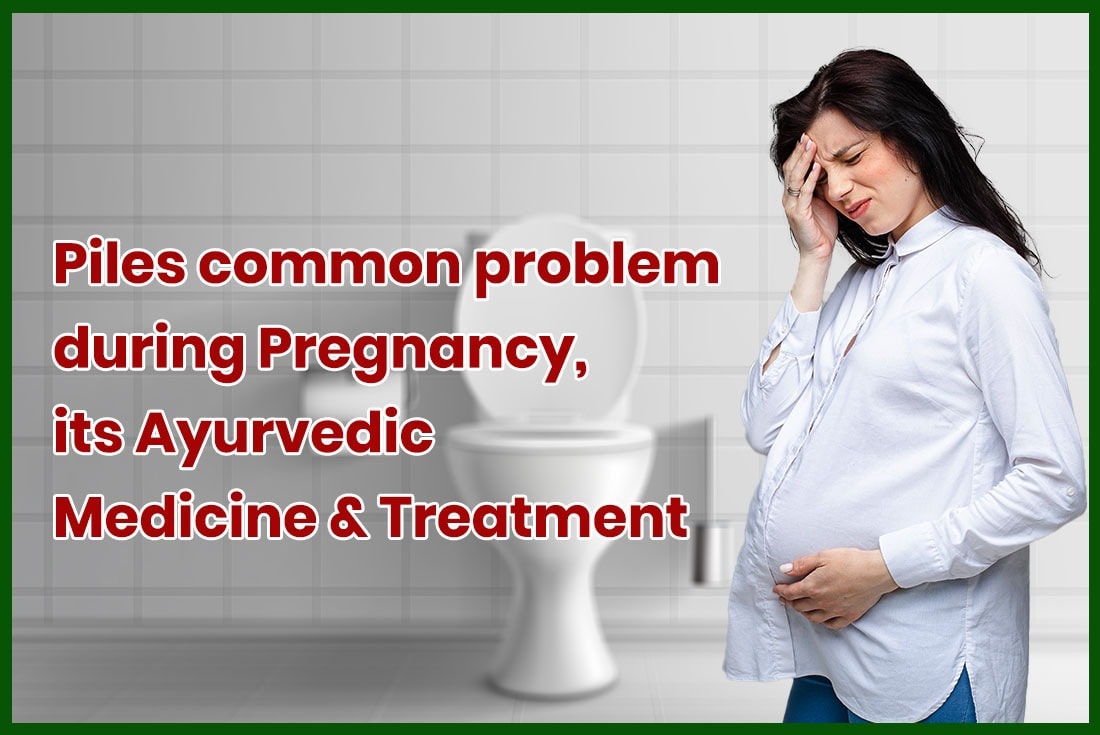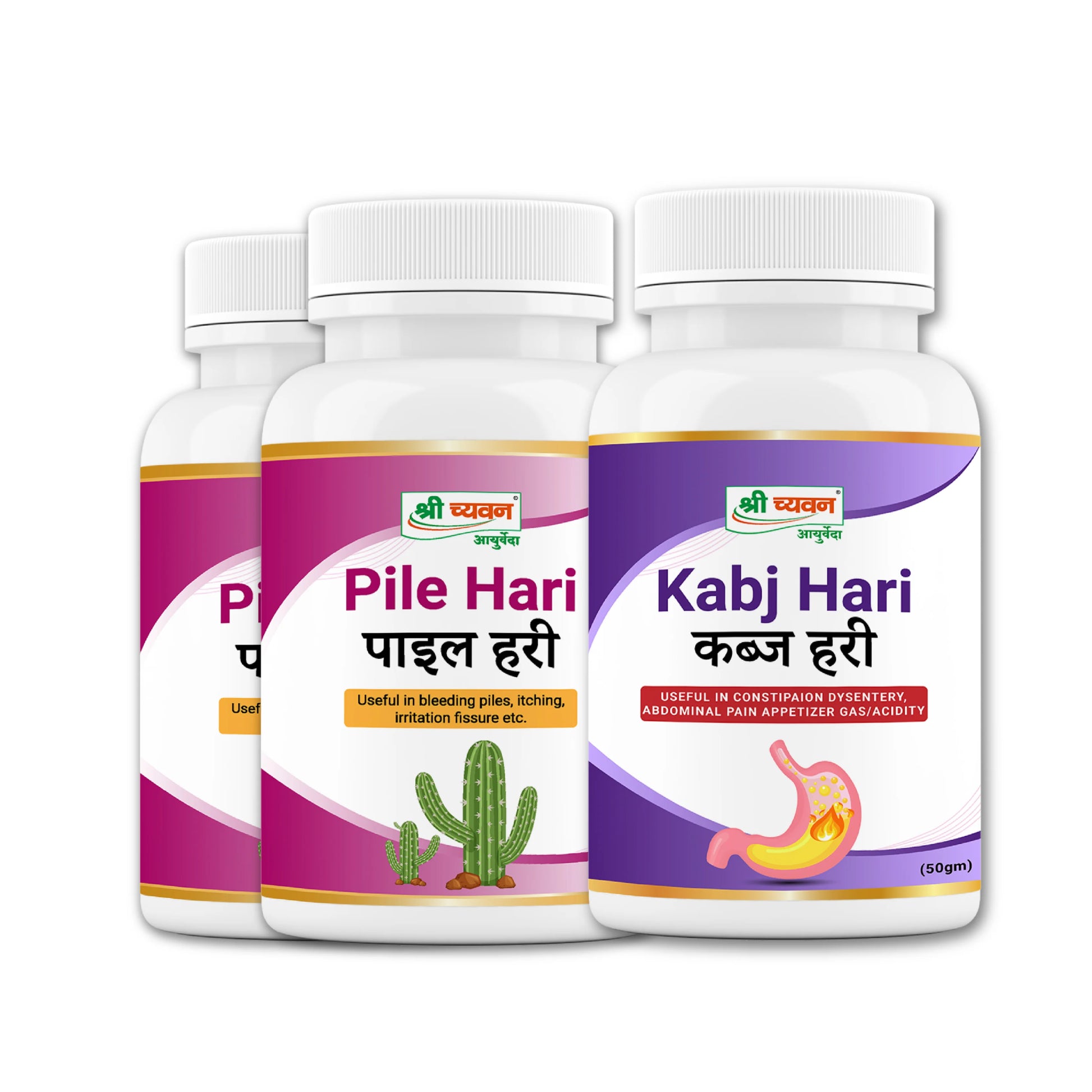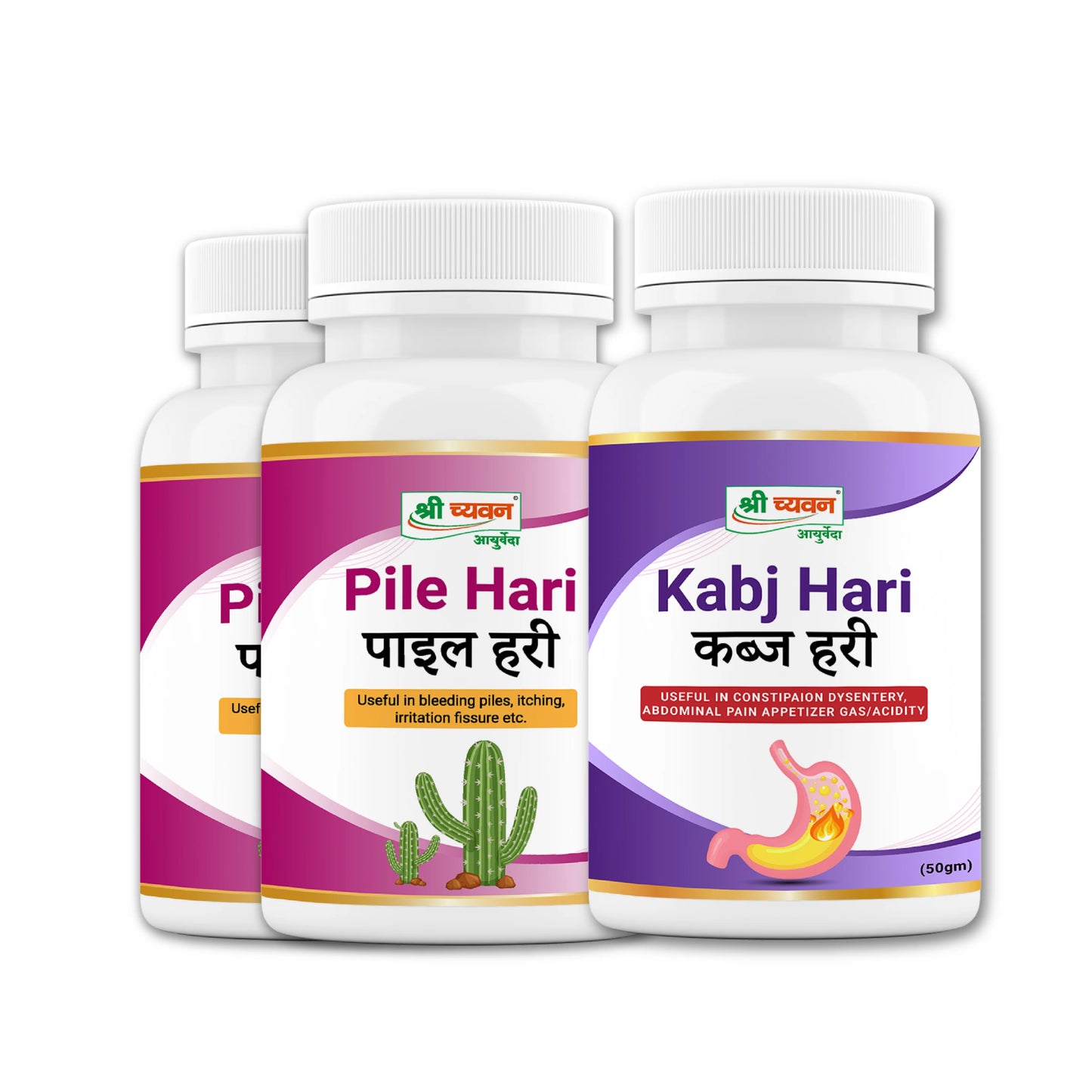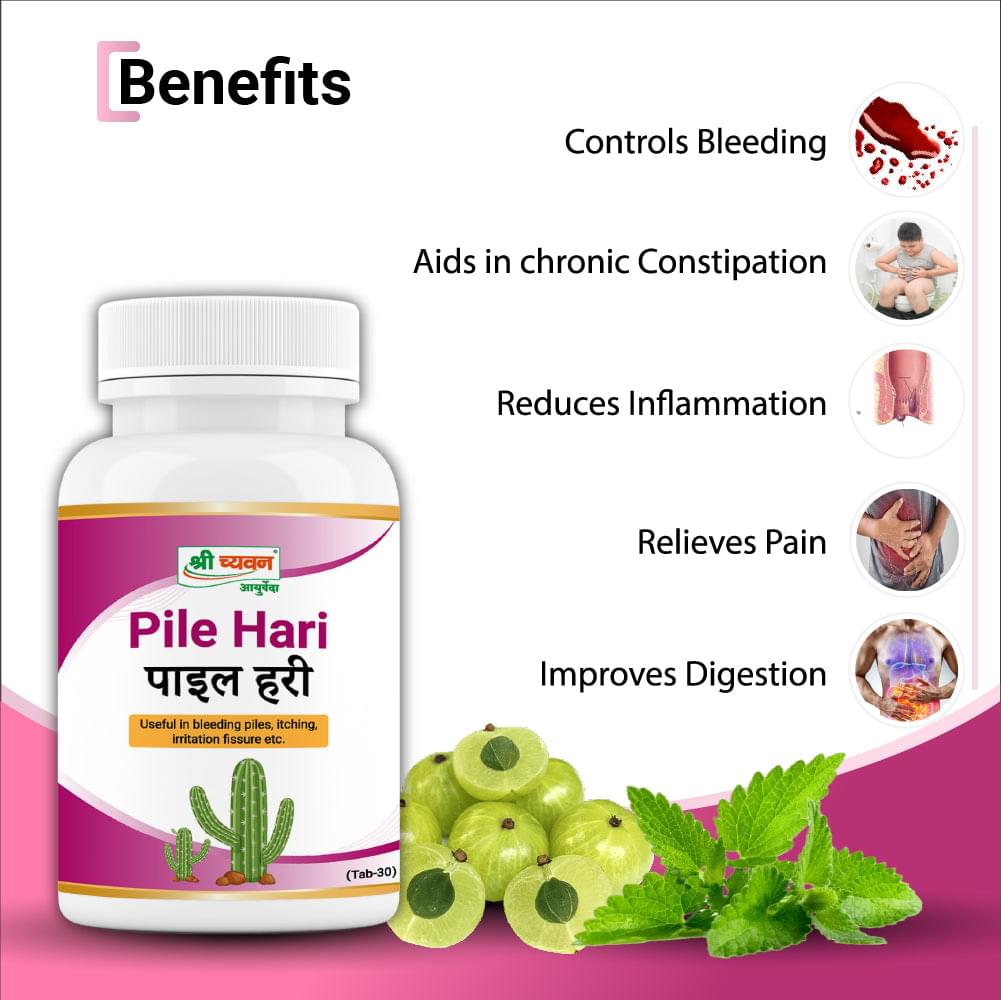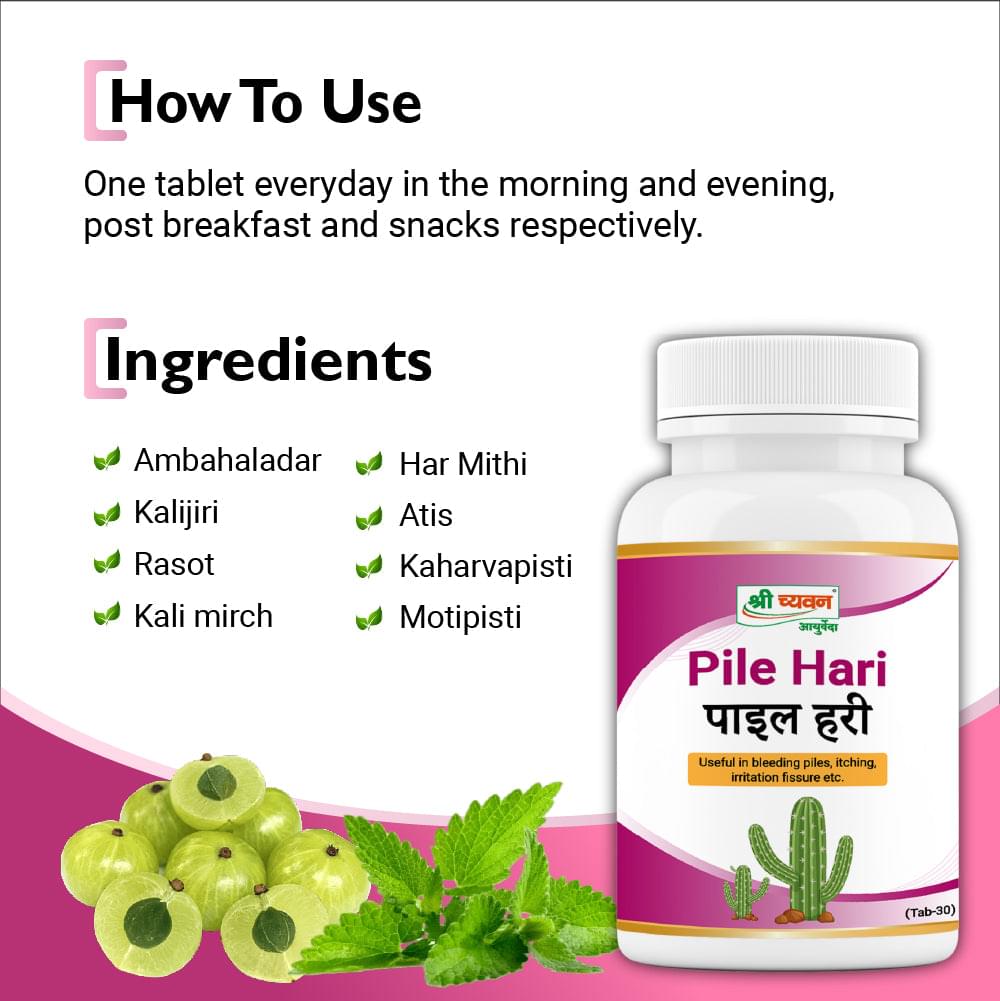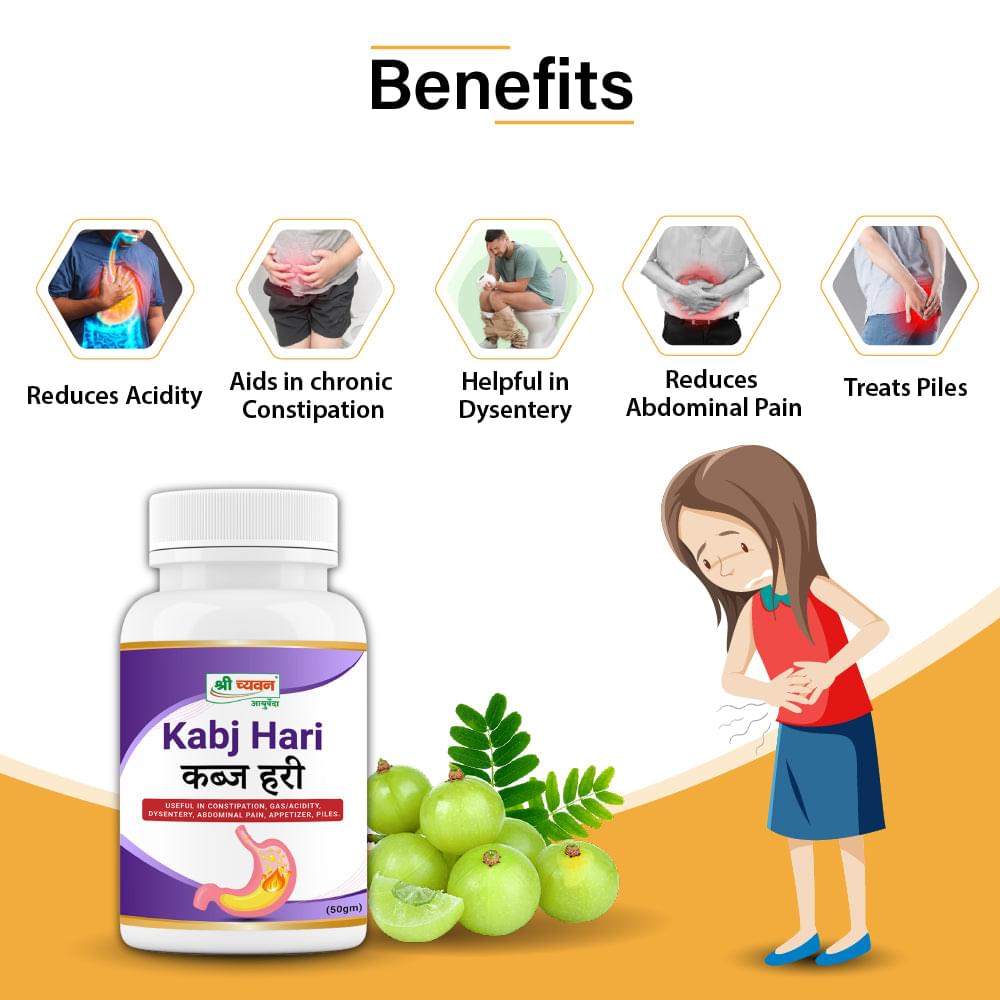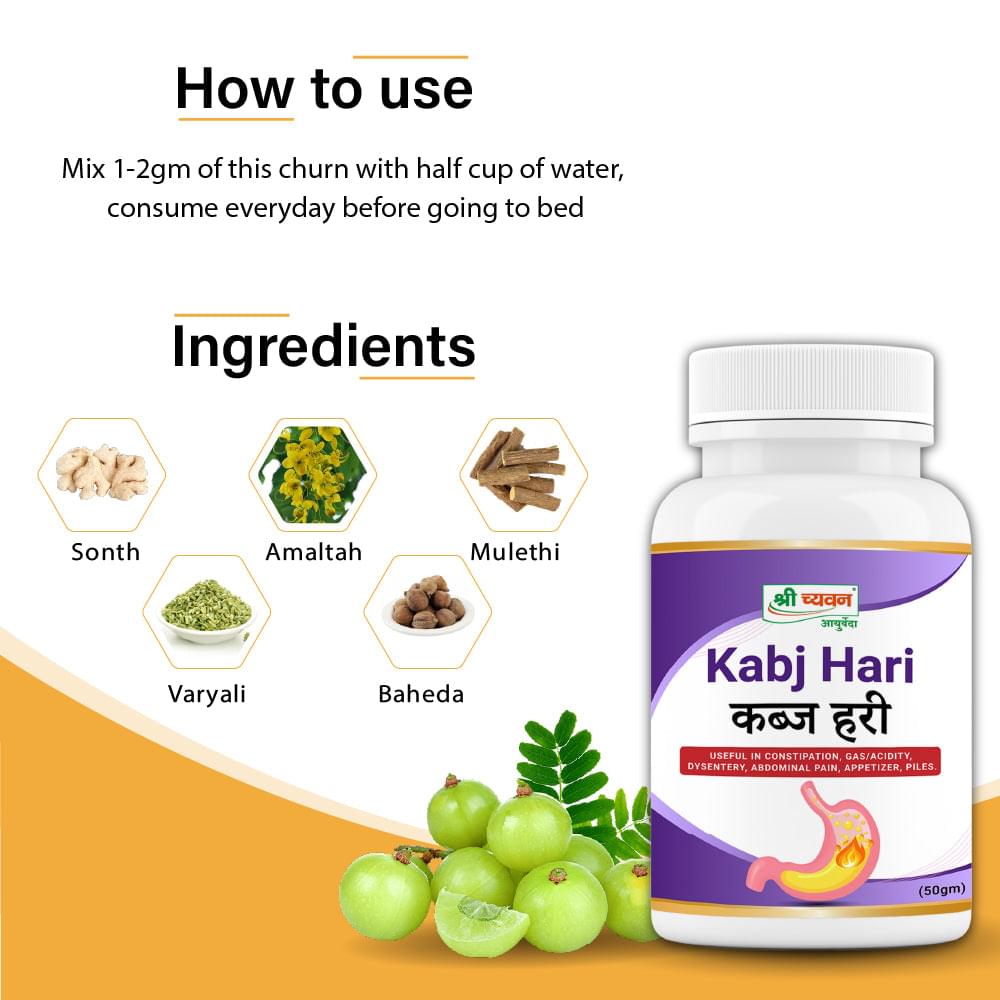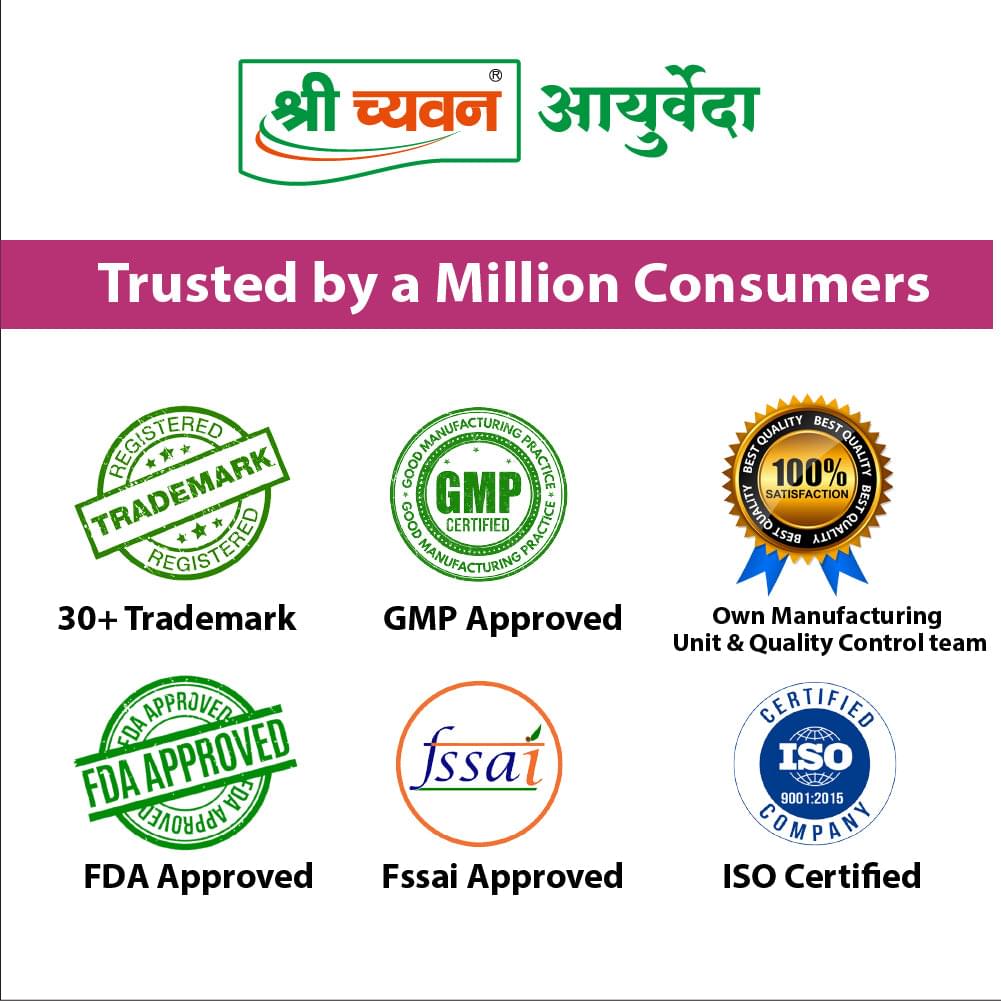In Ayurveda, piles, known as "Arsha," are considered an imbalance in the body's doshas, primarily Vata and Pitta. It's seen as a condition where the digestive fire (Agni) weakens, leading to the accumulation of undigested food and the impairment of the colon. According to Ayurvedic principles, this imbalance results in the formation of haemorrhoids. Arsha is categorized into different types based on the dominance of doshas: Vata, Pitta and Kapha.
Piles, also known as haemorrhoids, are swollen veins in the lowest part of the rectum and anus. They occur when the vascular structures in the anal canal become inflamed or enlarged.
There are two types of haemorrhoids:
-
Internal Haemorrhoids: These occur inside the rectum and usually don’t cause much discomfort unless they prolapse (extend outside the anus).
- External Haemorrhoids: These are under the skin around the anus and can be itchy or painful, especially when irritated.
Understanding Piles: Piles can be caused by various factors, including straining during bowel movements (due to constipation or diarrhoea), sitting for prolonged periods, obesity, pregnancy and aging. Symptoms can vary, but common signs of haemorrhoids include:
- Rectal bleeding, usually painless (bright red blood on toilet paper or in the toilet bowl)
- Itching or irritation in the anal region
- Pain or discomfort during bowel movements
- Swelling or a lump near the anus
Relationship of Piles in Pregnancy - Complications and Challenges: Pregnancy can predispose women to develop haemorrhoids due to increased pressure on the pelvic veins and hormonal changes that can weaken the veins in the rectal area. Some complications and challenges associated with piles during pregnancy include:
-
Increased Risk: Pregnant women are more prone to developing haemorrhoids due to increased pressure on the pelvic region from the growing uterus.
-
Symptoms Aggravation: Haemorrhoids may worsen during pregnancy due to hormonal changes, constipation, increased abdominal pressure, and the strain of labor during delivery.
- Discomfort: Pregnant women with haemorrhoids often experience discomfort, itching, pain, and bleeding, causing added discomfort during an already physically challenging time.
During pregnancy, various factors contribute to an increased risk of developing haemorrhoids due to heightened pressure on the pelvic area:
-
Uterine Growth: As the uterus expands to accommodate the growing foetus, it puts pressure on the pelvic veins and the inferior vena cava, leading to slower blood flow from the lower body. This can cause veins in the rectal area to swell and become more prone to haemorrhoids.
-
Hormonal Changes: Pregnancy hormones, particularly progesterone, relax the walls of blood vessels, making them more susceptible to swelling and inflammation. This relaxation of blood vessels can contribute to the development of haemorrhoids.
- Constipation: Many pregnant women experience constipation due to hormonal changes and pressure from the growing uterus on the intestines. Straining during bowel movements increases the risk of developing haemorrhoids.
Best Ayurvedic treatment for Piles:
Our ayurveda experts have carefully formulated the best medicine for Piles - Piles Care Pack for treatment of Haemorrhoids. It is prepared using best quality herbs and strictly following the principals of Ayurveda. All our products are safe to use and do not cause any side-effects.
The Piles Care Pack consists of:
- Kabj Hari Churn:
Consumption of this churn will ease down the pain during constipation and ultimately will help you get rid of the regular constipation issues, gases, and acidity. It helps with a lot of stomach-related issues like gas, constipation, and abdominal pain.
Ingredients: It consists of Harde, Sonth, Mulethi, Baheda, Hing, Variyali, Amaltas, Black Salt, Black pepper, and Amla.
Product Benefits:
-
Improves Digestion: Shri Chyawan Ayurveda’s Kabj Hari effectively helps to cure your problems related to the digestive system and facilitates a smooth digestion process.
-
Relieves Constipation: It effectively helps to give you relief from stomach issues and constipation.
-
Bloating and Gases: Kabj Hari reduces stomach bloating, digestion issues, and gases and reduces indigestion.
- Pure and Natural: Kabj Hari is made using all-natural and herbal ingredients and ensures a smooth digestion process.
How to use: Mix 1-2gm of this churn with half cup of water, and consume every day before going to bed.
- Pile Hari Vati: A best medicine for piles to heal inflammations, and soothe. It also has laxative properties that induce peristaltic movements, thus making the process of evacuating of bowels pain-free.
Ingredients: It consists of- Ambahaladar, Kalijiri, Rasot, Kali mirch, Har, Methatis, Kaharvapisti, Motipisti, Amla, Methi, Variyali, Bolbaddhras, Kaharvapisti.
Product Benefits:
-
Effective in treating Piles: Pile Hari is effectively helpful in reducing and providing complete relief from Piles.
-
Constipation: It helps treat constipation.
-
Aids in Stomach Issues: Pile Hari also helps in stomach-related problems like gases, bloating, etc.
-
Reduces Inflammation: It also helps in reducing inflammation caused due to piles and soothes the pain and discomfort.
- Pure and Natural Products: It is made using pure and natural products and does not cause any side effects.
How to use: One tablet every day in the morning and evening, post breakfast and snacks respectively.
Strategies to manage haemorrhoids during pregnancy include:
-
Fiber-Rich Diet: Consuming a high-fiber diet with fruits, vegetables, whole grains, and legumes can soften stools and ease bowel movements, reducing the risk of straining.
-
Adequate Hydration: Drinking plenty of water helps maintain soft stools and prevents constipation.
-
Regular Exercise: Engaging in safe and approved physical activities recommended by healthcare providers can promote regular bowel movements and improve circulation.
-
Kegel Exercises: Strengthening pelvic floor muscles through Kegel exercises can alleviate pressure on pelvic veins.
-
Proper Hygiene: Maintaining good hygiene in the anal area by using mild, unscented wipes or taking warm baths can help ease discomfort.
-
Avoid Straining: Encouraging pregnant individuals to avoid straining during bowel movements by not sitting on the toilet for extended periods and using stools to elevate their feet while on the toilet.
- Topical Treatments: Using over-the-counter creams or ointments with the guidance of a healthcare provider can help reduce inflammation and soothe discomfort.
Managing haemorrhoids during pregnancy involves lifestyle changes like increasing fiber intake, staying hydrated, engaging in regular exercise (if approved by a healthcare provider), avoiding straining during bowel movements, and using over-the-counter remedies or medications under medical guidance. Severe cases might require medical intervention, but many women find relief with conservative measures.
Understanding the delicate nature of pregnancy, it's crucial for pregnant women’s experiencing hemorrhoidal symptoms consult healthcare provider’s before taking any piles treatment medicine.
NOTE: PREGNANT WOMEN SHOULD SEEK CONSULTATION FROM DOCTOR PRIOR TO STARTING ANY MEDICINES.

